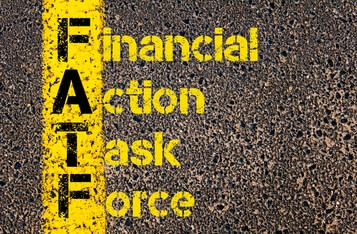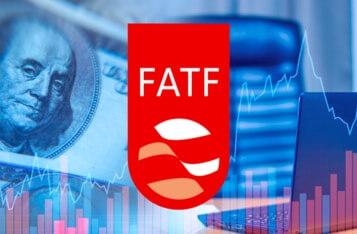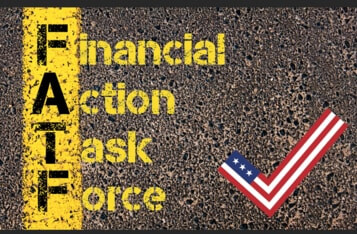FATF
FATF stands for The Financial Action Task Force, which is the global money laundering and terrorist financing watchdog. The inter-governmental body sets international standards that aim to prevent these illegal activities and the harm they cause to society. As a policy-making body, the FATF works to generate the necessary political will to bring about national legislative and regulatory reforms in these areas.
FATF's New Guidance on Asset Recovery: Implications for Global Crypto Investigations
The FATF's latest guidance on asset recovery is set to transform how digital assets are seized and managed globally, impacting crypto investigations significantly.
FATF Unveils New Guidelines to Enhance Virtual Asset Recovery
The Financial Action Task Force (FATF) introduces comprehensive guidance aimed at improving the recovery of virtual assets, emphasizing the role of blockchain analytics and specialized training.
FATF Releases Action Plan to Improve Implementation of Global Standards on Crypto
Over 200 governments agreed to tighten the "application of FATF Standards on virtual assets and virtual asset service providers".
Crypto Service Providers Willing to Embrace FATF Travel Rule, Study Shows
The Travel Rule, which now governs service providers in the digital currency ecosystem, is arguably not a source of concern as a new report from Notabene shows many firms in the space are in compliance already.
FATF Updates its Guidance to Service Providers to Include DeFi
The Financial Action Task Force (FATF) has updated its guidance governing Virtual Assets and Virtual Asset Service Providers (VASPs) with the inclusion of decentralized finance (DeFi).
UK FCA Regulator Proposes Mandatory AML Data Reports from Cryptocurrency Firms
The United Kingdom’s Financial Conduct Authority (FCA) has proposed obligatory AML reporting requirements for crypto exchanges.
FATF Virtual Assets Guidelines for Cryptosphere Review
With the growing concern of virtual assets/cryptocurrencies being used as a medium for the financing of illegal activities, the Financial Action Task Force (FATF) issues revised guidance from time to time to combat money laundering and terrorist financing involving virtual assets (VAs) and virtual asset service providers (VASPs).
Crypto & the FATF: ING Develops Travel Rule Protocol for Tracking Crypto Transfers Ahead of FATF Plenary Meeting
The FATF has a wide range of recommendations, a total of 40 to ensure regulatory alignment between the compliance imposed on financial institutions and the regulations in its member states. The FATF Travel Rule is Recommendation 16, which has received a lot of attention from the crypto industry, especially virtual asset service providers (VASPs).
Crypto & the FATF Travel Rule: FinCEN Suggests Challenges in Governance, Not Technology
The Financial Action Task Force (FATF) Travel Rule has been in the center of attention lately, which concerns crypto transactions above a certain amount must be accompanied by identifying information.The rule is an update to the existing FATF Recommendation 16, regarding cross-border and domestic wire transfers, and is intended to address the anti-money laundering (AML) and counter-terrorist financing (CFT) challenges as crypto adoption increases. The FATF Travel Rule could mean implications for virtual asset service providers (VASPs), including cryptocurrency exchanges, wallet providers, and custodians.
FATF Assessment Finds Majority of US Exchanges are Compliant with Virtual Asset Guidance
The Financial Action Task Force (FATF) has published an assessment of the US’s compliance with its revised criteria for anti-money laundering (AML) and terrorist financing (CTF) through virtual assets and found that most virtual asset providers are compliant.









